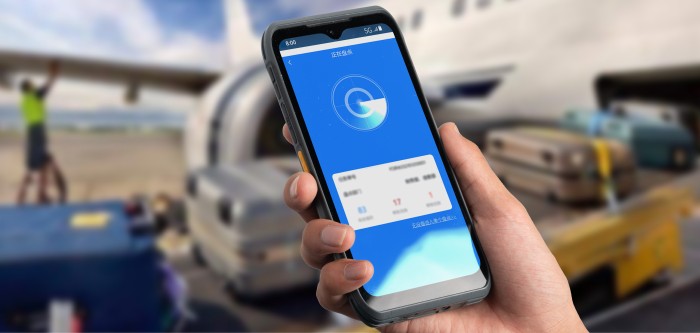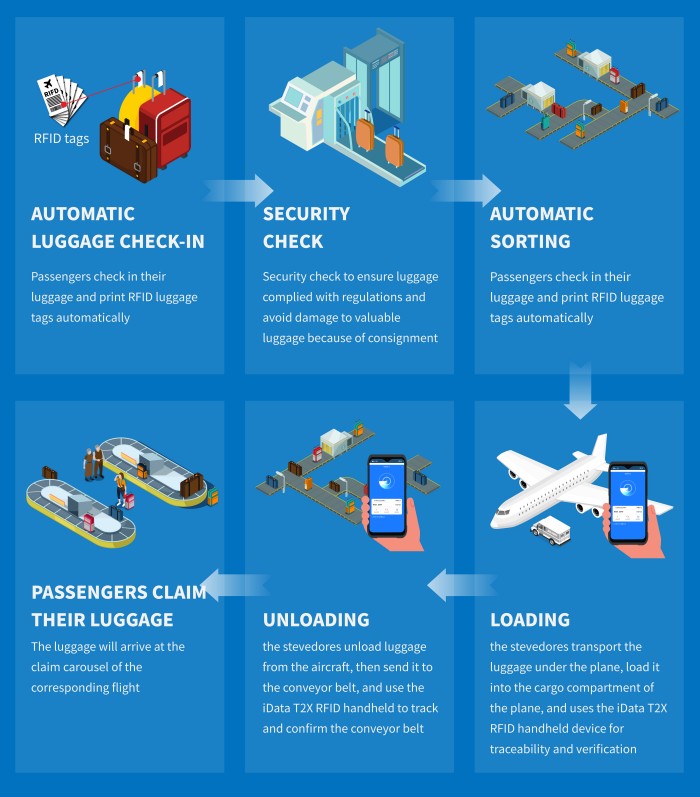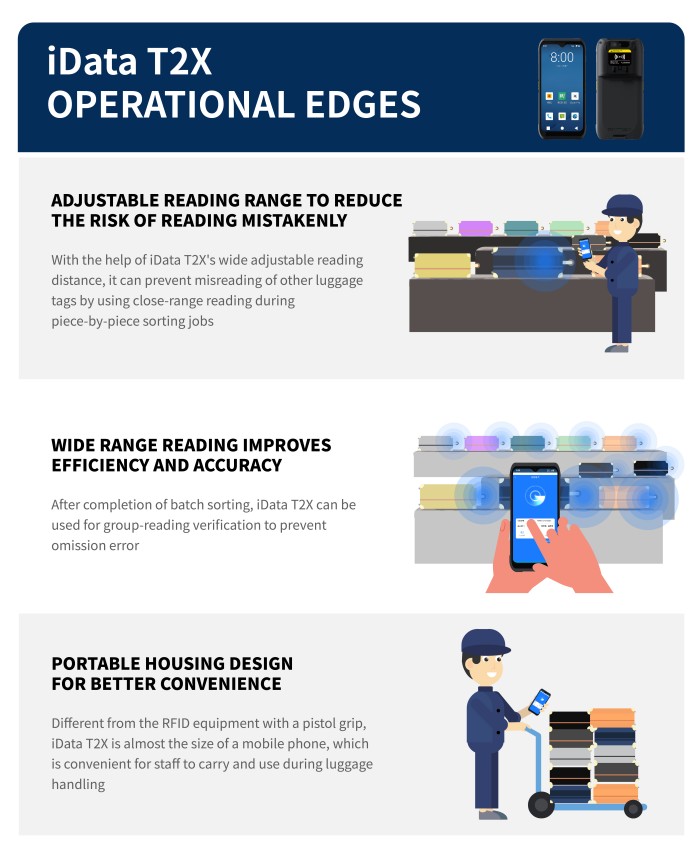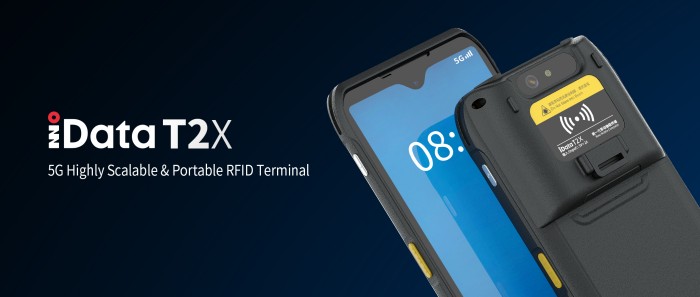
Travel will increase significantly in 2024, with more and more people deciding to travel by air as the economy recovers. It is common for passengers to register luggage when they check-in. However, the traditional way of luggage check-in is time-consuming, and passenger need to wait for luggage claim after landing.
Recently, iData has cooperated with a large airline company to use RFID technology to improve the efficiency of staff sorting and inspection during the consignment process, which shortens the time for passengers to register and claim their checked luggage.

With the help of RFID technology, luggage check-in is able to realize automatic processing, which improves the efficiency and accuracy of check-in, reduces the waiting time of passengers, and improves the service quality of airlines.
We can apply conveyor belts and fixed mount RFID readers to deal with luggage sorting, however, manual work is still required at some key checkpoints. For example, when luggage are being loaded on the plane and uploaded from the plane, staff need to use iData T2X RFID handheld terminal to sort out luggage on the conveyor belt.


In the process of manual work, staff are required to use iData T2X RFID handhelds for traceability. Using iData T2X RFID handhelds has the following advantages, which can improve efficiency and reduce the risk of errors.

The airline's luggage sorting is applying RFID technology gradually. With the help of iData T2X RFID handheld terminal, the efficiency and accuracy have been improved, and the waiting time of passengers has been reduced significantly.
If you want to learn more about aviation industry applications, or try iData T2X, do not hesitate to get in touch with iData.







